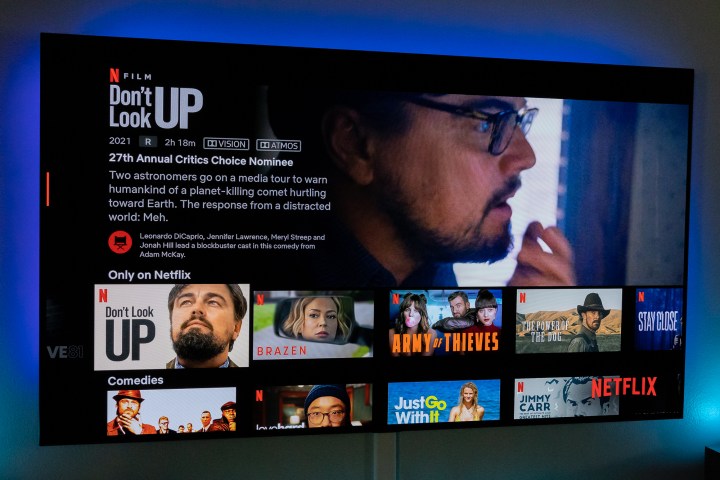Netflix today increased prices in the United States and Canada. The news was first reported by Reuters and simultaneously updated on the company’s pricing help page.

Here’s the breakdown of the new pricing:
- Basic Plan: Up $1 a month to $9.99. Includes the ability to watch or download on one device at a time, with video only in standard definition.
- Standard Plan: Up $1.50 a month to $15.49. Includes the ability to watch or download on two devices at once, with video in high definition.
- Premium: Up $2 a month to $19.99. Includes the ability to watch or download on up to four devices at once, with video available in ultra HD, also known as 4K.
Netflix last increased pricing in the United States in October 2020, when it took things up by about the same rate. The Basic plan stayed the same at the time, with the Standard Plan going up $1, and the Premium plan going up $2.
Netflix’s next scheduled earnings call is on January 20, 2022. In the company’s third-quarter letter to shareholders, Netflix said that it anticipated “a more normalized content slate in 2022, with a greater number of originals in 2022 versus 2021 and a release schedule that is more balanced over the course of the year, as compared to 2021.” In other words, it’s going to get back to making more and more shows and movies, and those cost money.
The question remains where the ceiling is at for Netflix subscriptions.
T-Mobile — which features a “Netflix on Us” promotion that gives its subscribers deep discounts to the Netflix service if they run their Netflix billing through T-Mobile — said it’s not dropping the discount for Basic and Standard plans.
“Earlier today,” T-Mobile said on its press site, “Netflix rolled out their new pricing structure. Rest assured, your Netflix is still on us! The Netflix benefit included in your plan remains on us. If you’ve upgraded your Netflix on Us (e.g., to Standard or Premium), you will see Netflix’ price change reflected on your T-Mobile bill starting as their changes go into effect.”



